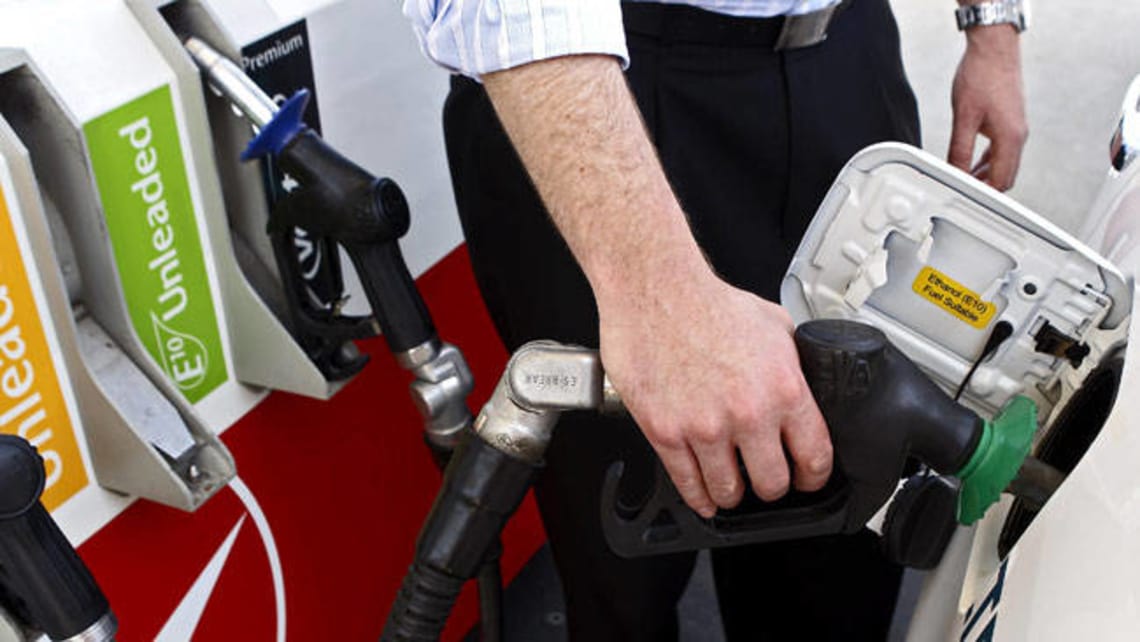



Article by: Hari Yellina
Australia’s fuel security is essential for our national security and underpins our economy. We have been fortunate to have not experienced a significant fuel supply shock in over 40 years. However, we currently import around 90% of our liquid fuels. To support our long-term fuel supplies, the Australian Government has developed a comprehensive fuel security package. The government’s long-term fuel security goal is to increase our domestic storage and to hold a sovereign refining capability that meets our needs during an emergency, as well as into the future. We will secure our local industry’s capabilities, while keeping fuel prices in Australia among the lowest in the OECD.
In light of tightening global stocks as a result of the Ukraine war, the federal government is convinced that it has procedures in place to control energy supplies. Angus Taylor, Australia’s energy minister said the country was lucky to have ample supplies of gas and oil for domestic use, as well as a variety of additional measures in place to improve fuel security. He said the government’s $260 million vow to expand fuel storage capacity, as well as its investment in 1.7 million barrels of oil kept in the US Strategic Petroleum Reserve (SPR) for use during a global crisis, showed Australia was well prepared to weather a fuel crisis.
While the US stockpile may appear impressive to the ordinary fuel consumer, it would only be enough oil to meet Australia’s demands for one and a half days, with another disadvantage being the time it would take to physically transport the oil from the US to Australia. The Institute of Public Affairs jumped on the paucity of reserves, claiming that adequate fuel stocks were a national security concern. “This is a severe concern of national security,” said IPA head of research Daniel Wild, “and raises questions about how the defence force could be mobilised in a crisis with only 1.5 days of national oil supply.”
“We recognise that many Australian families and companies are experiencing this at the pump when they try to fill up their vehicle as a result of this.” In terms of retail price, he said the Australian Competition and Consumer Commission would keep an eye on the market to make sure customers weren’t overpaying. While Australian consumers are groaning from historically high costs, retail fuel prices in Australia remain roughly 25% lower than the average of the Organisation for Economic Cooperation and Development (OECD).